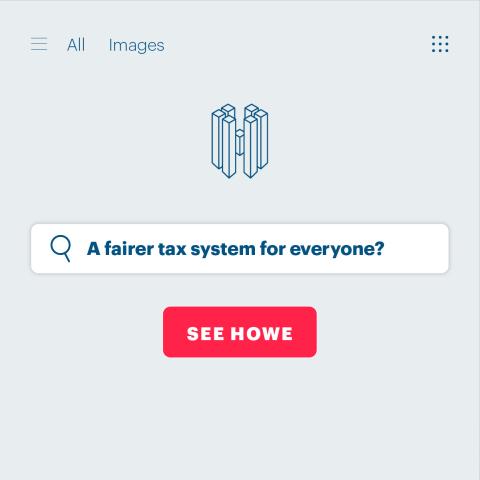A Fairer Tax System For Everyone
Tax Policy for a New Era: Promoting Growth and Fairness
Canada’s tax system needs a new blueprint to respond to challenges from global trends — both globally-mobile investment and rising inequality. Institute Fellow-In-Residence and UBC Professor of Economics Kevin Milligan proposes a reformed tax system that would achieve both greater potential economic growth and enhanced tax fairness.
Softening the Bite: The Impact of Benefit Clawbacks on Low-Income Families and How to Reduce It
As families earn more income, they owe more tax and face reductions in government payments for income-tested benefit programs. These benefit clawbacks act like hidden tax rates: they reduce the gains from work, particularly for lower-income families.
Ottawa should make three policy changes to make it easier for parents to get ahead and encourage work.
Read More
High Stakes Ahead: Canada and the Global Minimum Tax for Multinationals
The Canadian federal government has begun consultations on applying a Global Minimum Tax of 15% that would apply to multinational enterprises with annual revenues of EUR 750 million or more.
But would Canada win or lose from applying such a tax?
None of this is simple.
Why? An increase in foreign taxes paid by Canadian-based multinationals would likely result in an offset against Canadian taxes otherwise payable by them and, more importantly, result in a reduction in the after-tax foreign earnings of our MNEs. This, in turn, would reduce their ability to reinvest, and reduce their distributions to Canadian stakeholders — with adverse implications for the overall Canadian economy.
Read MoreAutomatic Tax Filing for Canadians?
In some countries, tax filing is not required for people in simple tax situations. There, employees who pay payroll taxes have amounts withheld throughout the year that end up equalling their annual taxes owed.
In others, particularly in Scandinavia, tax filing is quasi-automatic: eligible taxpayers with basic sources of income receive prepopulated tax forms with their tax bill calculated by the tax authority. Taxpayers only need verify the prefilled information for errors.
Unfortunately, the Canadian tax code contains too many deductions, credits and exemptions for automatic tax filing to be successful here. C.D. Howe Institute authors Alex Lauren and Nicholas Dahir estimate that only about 32% of potential tax filers would be in a tax situation where the CRA could accurately pre-assess their liabilities—making a widely available, fully automatic filing system impractical.
Read more
